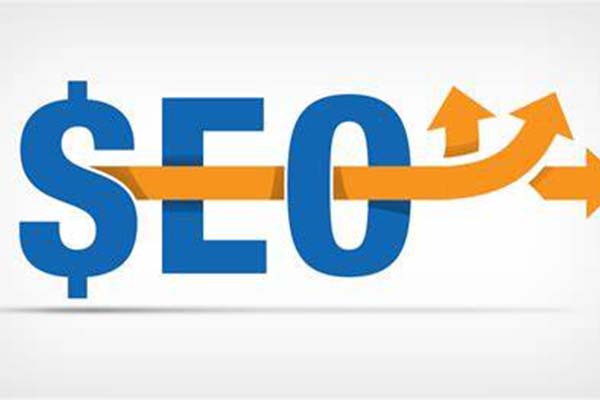When driving traffic to your independent website, two major channels stand out: Google SEM (Search Engine Marketing) and Google SEO (Search Engine Optimization). Both channels draw traffic from search engines, making it a dilemma for newcomers on which one to choose. In this article, we will discuss advantages and disadvantages of Google SEM and Google SEO, and help you make an informed decision.
Google SEM
Google SEM operates on a pay-per-click advertising model. Sellers select relevant keywords, create ads, and then engage in a bidding process where the highest bidder with good ad quality wins the opportunity to display their ad.
Advantages:
- Quick Results: Google Ads yield quick results. The impact is almost immediate, enabling sellers to generate orders swiftly. This rapid feedback loop also allows sellers to validate their strategies and adjust tactics flexibly.
- Precision: Google Ads work on a keyword-triggered model. Ads are shown when a user’s search query matches the keywords chosen by the seller. Since users typically search with purchase intent, the precision of targeting is remarkably high.
Disadvantages:
- High Costs: Due to its high conversion rates and quick order generation, Google Ads are highly competitive, leading to rising costs, especially in popular categories. Some niches even experience customer acquisition costs exceeding the average order value.
- Lack of Continuity: Once Google Ads campaigns are paused, traffic ceases to flow to the website. This lack of continuity necessitates ongoing investment to sustain traffic, making it a potentially expensive traffic generation method.
Google SEO
Google SEO involves optimizing your website to enhance its authority and visibility in the organic search results. It aims to improve your website’s natural ranking on Google.
Advantages:
- Cost-Effectiveness: Google SEO is cost-effective, especially for beginners who can often handle it themselves without significant costs. The effort invested in improving rankings can yield substantial organic traffic and orders, making it a high-value strategy.
- Longevity: SEO efforts have a lasting impact. Even if you stop actively optimizing, your website’s rankings won’t plummet immediately. It provides sustained traffic over time.
Disadvantages:
- Delayed Results: SEO takes time to show results, ranging from a few months to several years. It requires consistent effort and patience, which can be challenging for sellers seeking quick wins.
- Dynamic Rules: Google’s ranking algorithms are subject to frequent changes, often without clear guidelines from Google. Sellers must continuously adapt their strategies to stay relevant and maintain their rankings.
- Content Quality: SEO demands high-quality, valuable content. Google uses user behavior data to assess content quality, rewarding well-crafted content with higher rankings and better traffic potential.
Choosing the Right Strategy
Except for specific categories with unique considerations (e.g., fast-moving consumer goods not suited for SEO or adult products not suitable for Google Ads), most categories can benefit from a combined approach.
- Early Stage: Emphasize Google Ads to drive your website, while simultaneously laying the groundwork for SEO. Quick orders are crucial in the beginning, and Google Ads play a pivotal role. However, strategically build your SEO foundation to transition to a balanced approach later.
- Mid-Stage: Strike a balance between Google Ads and SEO. As your SEO efforts start yielding results, gradually reduce ad investments.
- Late Stage: Shift your focus primarily to Google SEO, supplemented by Google Ads for widening your audience. This combination optimizes costs while maintaining consistent traffic.
GoogleSEOexpert.com Pro Tip: Sharing data between Google SEO and Google Ads is essential for holistic optimization and improved overall performance.
Conclusion
The decision between Google SEM and Google SEO depends on your goals, budget, and patience. Utilize the quick impact of Google Ads in the initial stages, gradually incorporating the long-term benefits of SEO.




